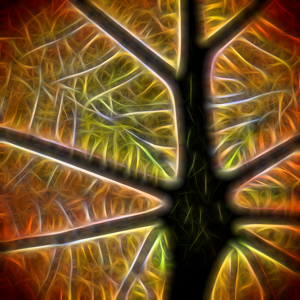Q: No one wants desires. When we get a desire, what we really want is for it to go away. The usual way to achieve this is by following the desire and fulfilling it. But an alternative way must be to ‘dissolve’ the desire somehow. Then it goes away without having the trouble of giving in to it and trying to satisfy it. Can advaita do this?
A: Here is what I said in ‘Advaita Made Easy’:
“Life is a never-ending cycle of desires followed by actions followed by results (usually disappointing ones because we expected too much). It is a cycle because, once we have attained the desired objective, we quickly supplant the old desire by a new one and the process begins again. We thought that we would be happy when we got whatever it was that we believed that we wanted – but it always turns out that we were mistaken.
“Why do we do it? It is because we feel that we are limited in some way and that the desired object will make us complete. This applies to all desires, from the most basic to the most sophisticated. But there is only one desire which, once achieved, will bring us the fulfillment that we seek and that is to realize our true nature. This is because that realization will bring with it the discovery that we are in fact unlimited. We are already complete.”


